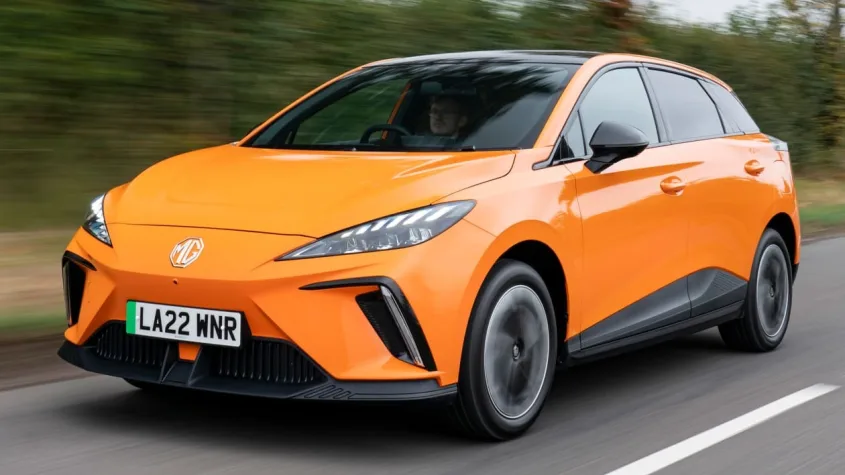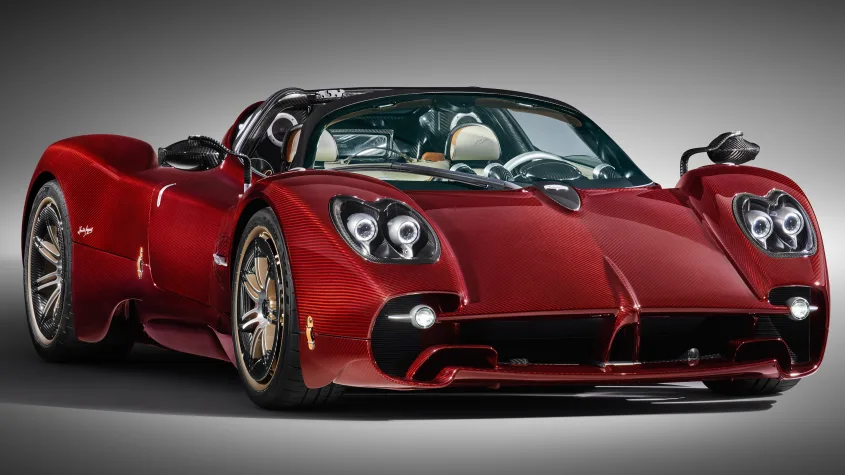European demand for electric cars appears to be diminishing. Although total new car sales have increased and are approaching pre-pandemic levels, the proportion of electric vehicles (EVs) sold has actually decreased in the first half of 2024.

According to data from automotive analytics firm JATO Dynamics, new car registrations rose by 4.4 percent, from 6.56 million units in the first half of 2023 to 6.85 million in the same period in 2024.
Despite this overall increase, the number of EVs sold grew by only 2 percent, totaling 949,981 units. Consequently, the market share of electric cars fell by 0.3 percentage points to 13.9 percent. In the UK, the situation is somewhat different; data from the Society of Motor Manufacturers and Traders indicates that the market share of EVs grew by 0.5 percentage points to 16.7 percent in the first half of this year.
One in five new cars sold globally is a Chinese electric vehicle (EV)
According to JATO Dynamics. In contrast, in Europe, Chinese EVs make up only 17 percent of electric car sales and just 1 percent of all new car registrations, excluding those from American brand Tesla, which has a gigafactory in Shanghai.
Felipe Munoz, Global Analyst at JATO, attributed the “moderate” growth in the European car market to a more complex environment, including stringent emissions regulations, rising vehicle prices, and challenges in EV adoption.
Munoz emphasized the importance of addressing uncertainties in the EV market over the next six months, particularly concerning the impact of new EU tariffs on imported Chinese electric cars on vehicle affordability.
As of now, the EU is negotiating with China over recently implemented tariffs that could add up to 38 percent in duties on electric cars imported from China, aimed at countering what is seen as unfair subsidization by Beijing. The UK government has yet to announce its stance on this issue. Professor Peter Wells from Cardiff University noted that the UK, post-Brexit, is in a “vulnerable position” and that any additional costs from these tariffs would likely be passed on to consumers.


